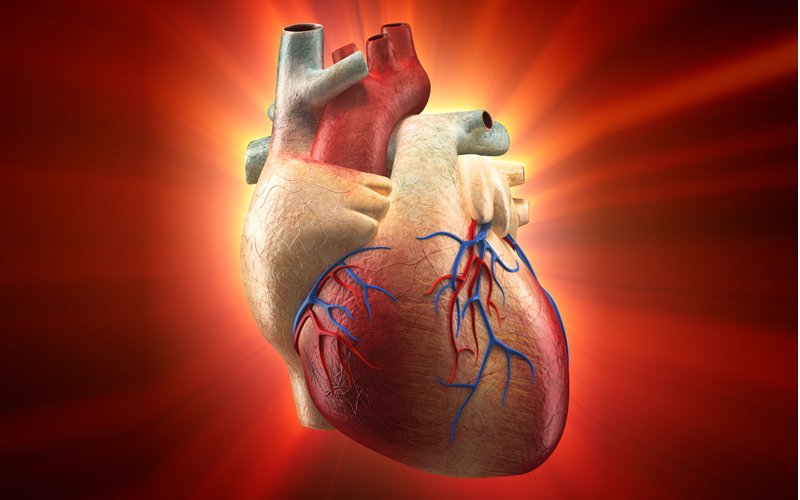Coronary Heart Disease CHD Treatment | Medicine | Coronary Heart Disease
Coronary Heart Disease CHD Treatment:Medications Used in the Treatment of Coronary Heart Disease Several types and kinds of medication may be prescribed by your doctor to help you manage the symptoms of coronary heart disease. Sometimes, depending on your condition, a doctor may choose to combine medications to help promote better treatment results. Although your doctor knows best, it is always good to know some details about heart medicines.
Antiplatelet Medicines
There are several kinds of antiplatelet medication. They all basically decrease the chances of blood platelets combining, thereby resulting in blood clots. This type of medication is therefore intended for blood clot prevention. One kind of antiplatelet medication is aspirin.

Beta Blockers
These medicines are specifically intended for individuals who suffer from high blood pressure and episodes of angina or chest pains. These medicines help limit the exertion of the heart by slowing the heart beat, thereby also decreasing the heart’s requirement for more oxygen. Beta blockers are ideal for elderly patients. Heart Disease Treatment Some kinds of beta blockers however are not advisable for use by individuals who have breathing or respiratory problems. Some patients may need to take considerable amounts of this kind of medicine for optimum results. It should be noted however, that beat blockers may make patients feel exhausted.
Angiotensin Converting Enzyme (ACE) Inhibitors
ACE inhibitors are the ideal medicines for people with high blood pressure. They help regulate blood pressure by helping inhibit angiotensin, the kind of chemical that is responsible for arterial narrowing. It therefore also helps diminish the possibility of recurrent heart attacks and stroke. Aside from its aiding in lowering blood pressure, ACE inhibitors may also be recommended for patients with diabetes as an accompanying condition to coronary heart disease. In rare cases, patients and doctors may have to be on the lookout for allergic reactions.
Angiotensin II Receptor Blockers | Heart Attacks | Hospital | Dogases
Just like ACE inhibitors, these medicines also have a regulatory effect on angiotensin II chemical. Medicilne of heart Disease work by blocking chemical receptors. The result is that blood pressure is lowered. Depending on your doctor’s decision, he may prescribe blockers instead of ABE inhibitors.
Statins
As most people already know, individuals who have high LDL or bad cholesterol levels are at greater risk of developing heart disease than other individuals. One aspect of coronary heart disease treatment should therefore involve medication to lower LDL cholesterol and increase HDL or good cholesterol levels.
Statins are only some of a number of antihyperlipidemic medicines. Statins help lower levels of LDL cholesterol. With low levels of LDL cholesterol, there is a lesser chance of a patient suffering from further heart attacks.

Nitrates
Patients suffering from angina can benefit best with nitrate medication. Nitrates come in a variety of forms and can be administered in different ways. These medicines however all basically work in the same way. They contain nitric oxide which eases blood vessel muscles. One of the most widely used kinds of nitrate is nitroglycerin. Nitroglycerin can provide relief quickly especially during severe episodes of angina.“See More Heart Specialist “
Anticoagulants
These medicines are most aptly described as blood thinners. The function of thinning the blood is an effective way of preventing potentially deadly blood clots. It is best however for both patients and doctors to take great care in the use of anticoagulants since they could potentially promote bleeding.
Antiarrythmic Medicines
Sometimes, coronary heart disease patients may require antiarrythmic medication. These types of medicines help manage the irregular beating of the heart.
Calcium Channel Blockers
There are different kinds of calcium channel blockers. Some are short acting while others are long acting. They basically help patients by lowering blood pressure, widening blood vessels and reducing the heart beat. These medicines in effect, promote better blood oxygen supply. Since there are different kinds though, your doctor’s judgment plays a key role in determining the right blocker for you.